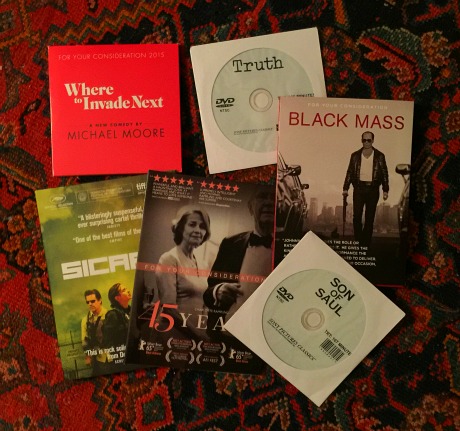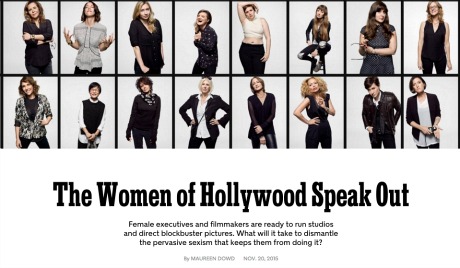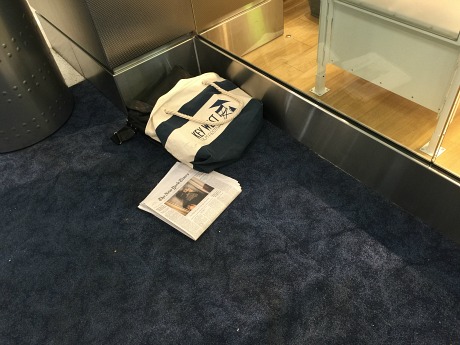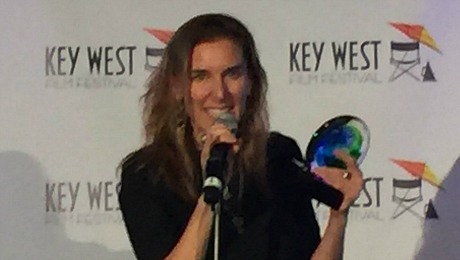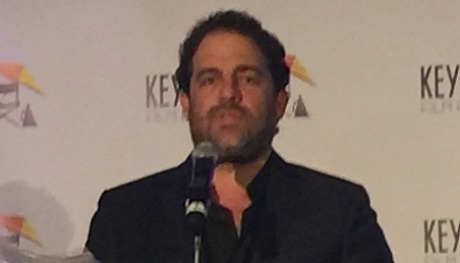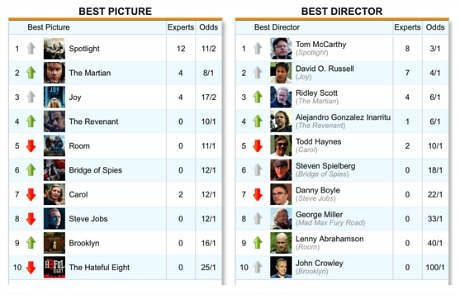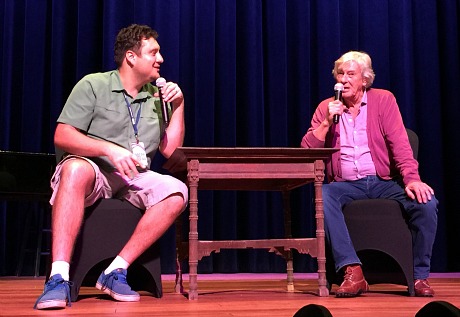Click here to jump past HE Sink-In
It’s a plain, straight fact that Cary Fukunaga‘s Beasts of No Nation is a piece of devastating, world-class art — undeniably alive and probing and humanistic, a film about conscience and savagery and moral choice. It goes without saying that such a film requires award-season acclaim, and that denying it this will be some kind of perverse. But from the moment Beasts opened simultaneously on Netflix and in a relative handful of upmarket theatres on 10.16, three things have become apparent, and it almost takes a degree in marketing to figure out the whole equation.
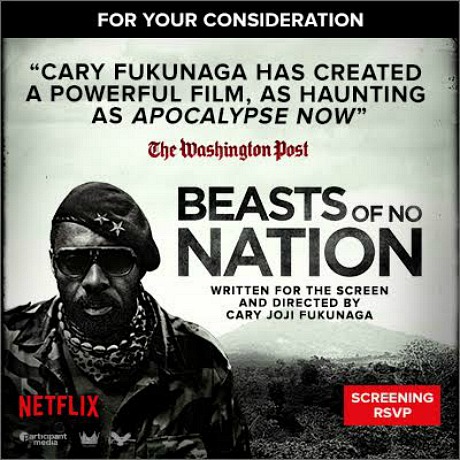
One, a consensus has developed among film Catholics that despite its difficult subject matter (i.e., African child soldiers conscripted and goaded into committing atrocities during a civil war) Beasts is nothing short of a jolting, half-hallucinatory masterpiece — a 21st Century Apocalypse Now by a director with a momentous career ahead of him. It’s one of the few noteworthy films of 2015 to be spoken of in genuinely worshipful terms. For a few weeks now people like Jake Gyllenhaal, Ben Affleck and Sally Field have been hosting screenings and more or less dropping to their knees. Robert Downey, Jr. is also a fan. Many people are.
Two, some exhibitors (i.e., AMC Cinemas, Carmike Cinemas, Cinemark, Regal) have turned their backs over the day-and-date thing, and some Academy members have said in recent party-chat conversations that Beasts needs to be disciplined (i.e., not voted for) for the same reason, despite the fact that the quality of it demands attention at the very least, and the fact that Netflix is simply perched at the forefront of emerging release patterns.
And three, as was the case with Steve McQueen‘s 12 Years A Slave, winner of the 2013 Best Picture Oscar, some people just won’t see it. Some women, I’ve heard, just don’t want to watch a young boy (i.e., Abraham Attah‘s Agu) commit horrendous acts and in so doing lose his humanity. (Then again if they saw Beasts they’d know that Agu not only escapes his wartime servitude near the end but confesses his sins in a plea for redemption.) But all serious film lovers understand that when a film is said to be really and truly exceptional, you have to put aside your concerns and just submit. You have to let it in.
Read more
